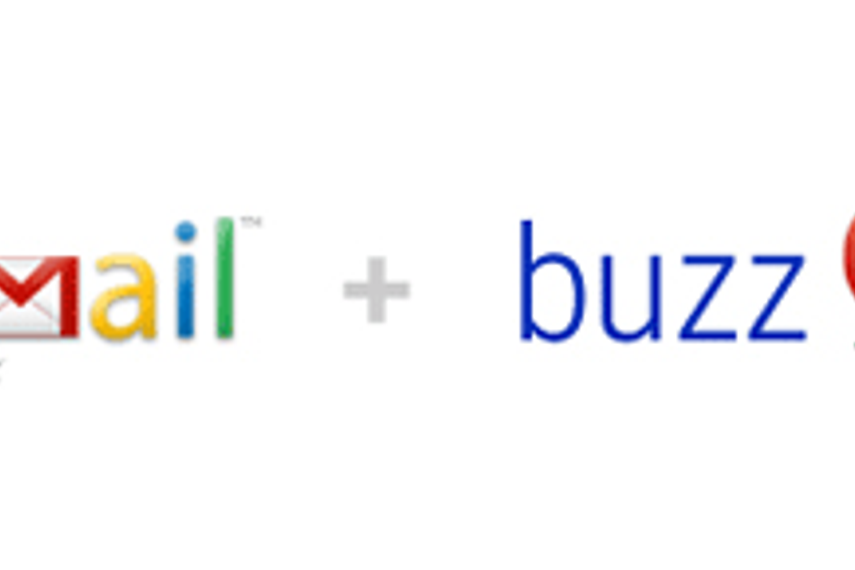
Please sign in or register
Existing users sign in here
Having trouble signing in?
Contact Customer Support at
[email protected]
or call+91 022 69047500
Google has been forced to make a series of changes to its new social networking service Google Buzz after it was slammed for breaching the privacy of internet users by exposing their personal details to the world. Based around Gmail, Google launched Buzz on Tuesday in an effort to carve out a slice of the social networking space and take on rivals Facebook and Twitter.

Contact Customer Support at
[email protected]
or call+91 022 69047500
Top news, insights and analysis every weekday
Sign up for Campaign Bulletins
HUL to take down digital versions of the campaign; Honasa removes social media posts making a reference to Lakmé.
Aims to help brands deliver 3x consumer engagement for their IPL ad campaigns.
Creator journalists and UGC are starting to draw more attention from advertisers wary of potentially distressing content on news brands.
Wren was speaking at the Q1 earnings call and expects to close the IPG acquisition in H2 2025.